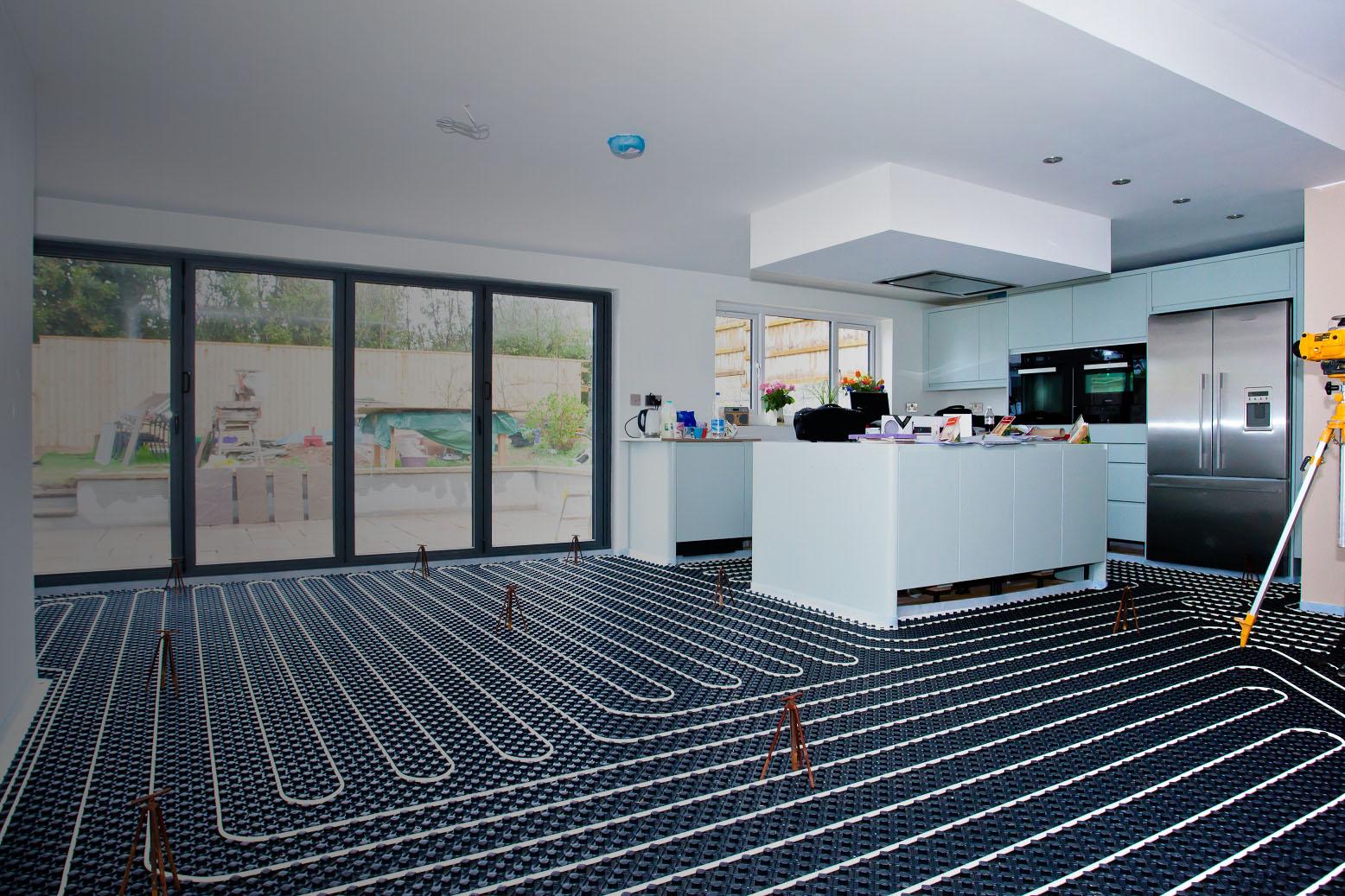Choosing the Ideal Heating System for Your Residence
11.16.2025
The decision of selecting a home heating system is fundamental for comfort and operational efficiency. It directly influences daily living quality and long-term utility outlays. A well-chosen system ensures consistent warmth during colder months, creating a truly inviting atmosphere for residents. This choice is far more than a simple appliance acquisition; it's a strategic consideration for sustained well-being and optimal resource use within any dwelling.
Modern residential heating offers a diverse array of technologies, each with distinct attributes. From traditional furnaces to advanced heat pumps and radiant floor systems, the options can seem overwhelming. Understanding the core principles and operational nuances of each type is essential for making an informed selection that aligns with specific household needs and structural characteristics. This initial exploration lays the groundwork for a successful installation.
The importance of this selection extends beyond mere heating capability. It encompasses factors such as energy consumption, environmental footprint, and maintenance requirements. A system that is highly efficient can significantly reduce ongoing operational outlays, contributing to greater household fiscal stability. Furthermore, considering its impact on the planet reflects a forward-thinking approach to home management and resource stewardship.
Geographic location plays a crucial role in determining the most suitable heating solution. Climates with harsh, prolonged winters demand robust systems capable of generating substantial warmth reliably. Conversely, milder regions might benefit from more adaptable or hybrid systems. Local climate patterns, average temperatures, and insulation levels of the residence are all critical inputs for this important decision-making process.
Moreover, the structural design and age of a home heavily influence system compatibility and installation feasibility. Older properties might require significant modifications to accommodate newer technologies, while contemporary builds often integrate specific heating provisions from their inception. Consulting with seasoned professionals, such as those at Intellithxore, can provide invaluable guidance tailored to your property's unique attributes.
Key Applications and Considerations
- For new home construction, systems can be fully integrated from design. This ensures optimal efficiency and placement. Advantage: Maximum customization. Limitation: Requires early commitment.
- For existing home renovations, upgrading boosts comfort and lowers operational outlays. Advantage: Higher property value. Limitation: May need structural adjustments and cause temporary disruption.
- Supplemental heating offers targeted warmth for specific zones or additions. Advantage: Zonal comfort and flexibility. Limitation: Not suitable as the primary heating source for a whole dwelling.
Expert Perspectives on Modern Heating
Expert consensus often highlights the long-term benefits of energy-efficient heating systems, despite their higher upfront acquisition costs. While a conventional furnace might seem more appealing initially due to lower purchase prices, its operational outlays over a decade can far exceed those of a high-efficiency heat pump or boiler. This perspective emphasizes a holistic evaluation of total ownership expenses rather than just the initial outlay.
There is a growing emphasis on heating solutions with a reduced environmental footprint. Systems like geothermal heat pumps, which draw warmth from the earth, and air-source heat pumps, which transfer ambient heat, are gaining traction. These options significantly lower greenhouse gas emissions compared to fossil fuel-based systems. However, some experts note that their electrical consumption still relies on the grid's generation methods.
Specialists often point out the importance of regional factors. In areas with abundant natural gas infrastructure, gas furnaces remain a popular and often cost-effective choice. Conversely, in rural settings where gas lines are absent, propane, oil, or electric systems become more viable. The availability and price stability of different fuel sources are critical considerations that vary significantly by locale, impacting system choice.
The advent of smart home technology has revolutionized heating system control. Modern thermostats and integrated systems allow for precise temperature management, remote access, and learning capabilities that optimize comfort and energy usage. While some argue these features add unnecessary complexity, many experts view them as essential tools for maximizing system efficiency and user convenience in contemporary residences.
A key point of discussion revolves around system longevity and maintenance requirements. Some argue that simpler, more robust systems, though less efficient, may offer fewer points of failure and easier upkeep. Others contend that advanced systems, while potentially more complex, benefit from predictive maintenance alerts and professional servicing, ensuring extended operational life. Regular, professional maintenance is universally acknowledged as crucial for any system. Intellithxore offers comprehensive service plans to ensure optimal performance.
Making Your Informed Decision
Selecting the optimal heating system requires careful consideration of climate, home structure, long-term operational outlays, and comfort preferences. There is no single best solution, but rather an ideal match tailored to specific circumstances. Prioritizing efficiency and sustainability often leads to greater satisfaction and lower long-term expenditures.
We encourage homeowners to engage in thorough research and seek expert advice. Consulting with qualified professionals, such as the experienced team at Intellithxore, can provide invaluable insights. Their guidance ensures your final decision is well-informed and perfectly aligned with your comfort and operational goals.

0 Comments
Leave a comment